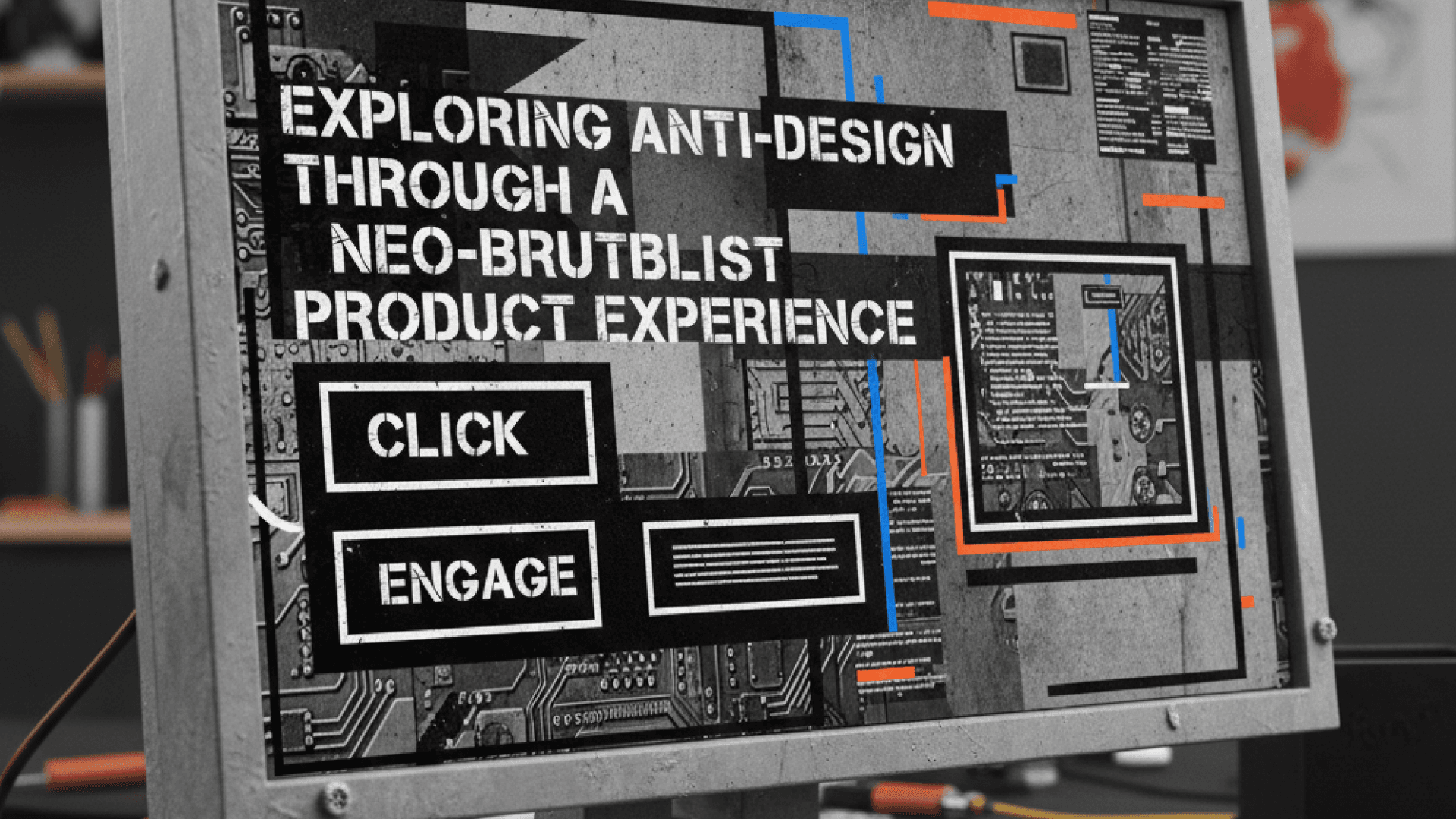Table of Contents
Unlocking the Power of Artificial Intelligence in Healthcare: 10 Transformative Benefits
Author

Date

Book a call
Technology and human well-being are at a turning point; here are some statistics to underscore that point.
In this article, we're exploring the remarkable realm of artificial intelligence (AI) and uncovering its profound impact on healthcare. Buckle up as we journey through the 10 significant benefits AI brings to the medical landscape.
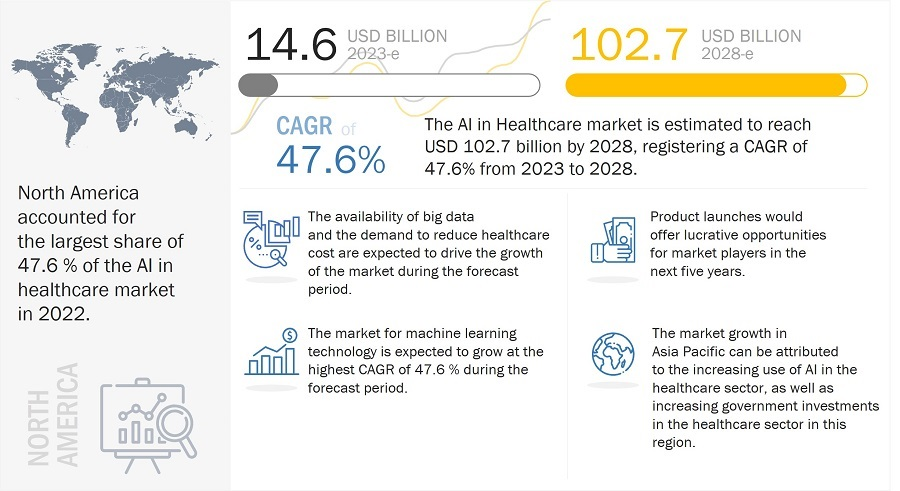
1. Enhancing Medical Diagnostics
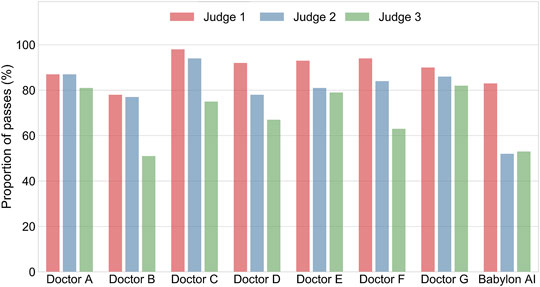
AI has made impressive strides in decoding intricate medical data, such as radiological images. This progress translates into quicker and more precise diagnostics, enabling early disease detection and improved outcomes. For instance, Google's AI demonstrates an impressive 94% accuracy in detecting signs of diabetic retinopathy through retinal scans, surpassing past human performance.
2. Virtual Health Assistance
AI-driven virtual assistants provide medication reminders and guidance, fostering patient engagement and adherence to treatments.
3. Radiology Automation
Radiology benefits from AI's ability to detect early symptoms of conditions like brain hemorrhage in medical scans, ensuring prompt treatment.
4. Personalized Treatment Plans
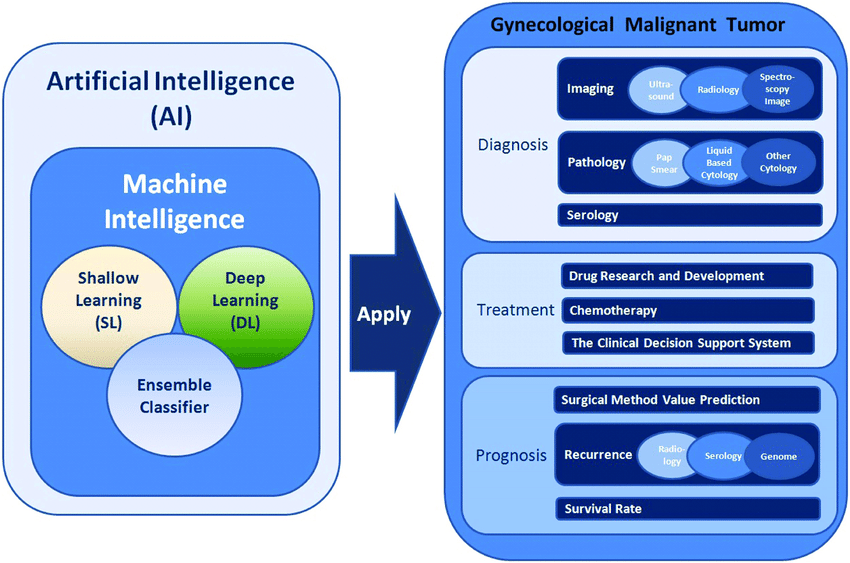
AI's prowess extends to crafting tailored treatment options by analyzing medical records, research, and clinical expertise. This data-driven approach ushers in a new era of precision medicine, optimizing responses and minimizing side effects. IBM's Watson, for instance, suggests personalized therapies based on individual histories and allergies.
5. Ethical Considerations
With AI's rise, ethical considerations come to the fore. Initiatives like Stanford's fairness in AI ensure unbiased treatment and data privacy.
6. Drug Discovery and Development
AI fuels drug innovation by synthesizing vast medical histories and geographic data. This approach becomes particularly vital during new virus outbreaks, enabling the prediction of protein structures for potential antidotes.
7. Predictive Analytics for Patient Care
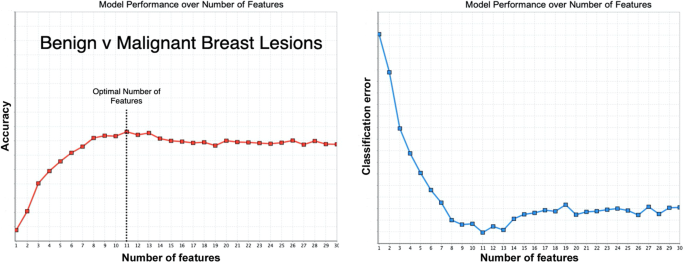
In the realm of predictive analytics, AI proves its mettle. By analyzing global travel patterns and data from various sources, AI can anticipate outbreaks like the remarkable case of Blue Dot's AI predicting the onset of COVID-19 even before official alerts.
8. Remote Patient Monitoring
Specialized AI-powered devices, such as Biopharms' wearable, enable real-time patient monitoring, sending alerts to doctors in case of anomalies.
Note: GeekCare makes remote patient monitoring easy and highly efficient! See how it works
9. Operational Efficiency
AI streamlines administrative tasks, allowing medical staff to focus on patient care. Solutions like Cleveland Clinic's AI-powered appointment bot handle scheduling and FAQs, enhancing efficiency and patient experience.
10. Medical Research Acceleration
AI accelerates medical research by identifying potential antidotes and treatment options, enabling rapid response to complex global health challenges.
In conclusion, AI's fusion with healthcare fabric is a transformative force. With its potential to revolutionize diagnostics, treatment, research, and patient care, AI is charting a new course for a healthier world.
Dive into the future of healthcare with AI & GeekyAnts, and witness a revolution that promises better lives and improved well-being.
Watch the full healthcare meetup here:



